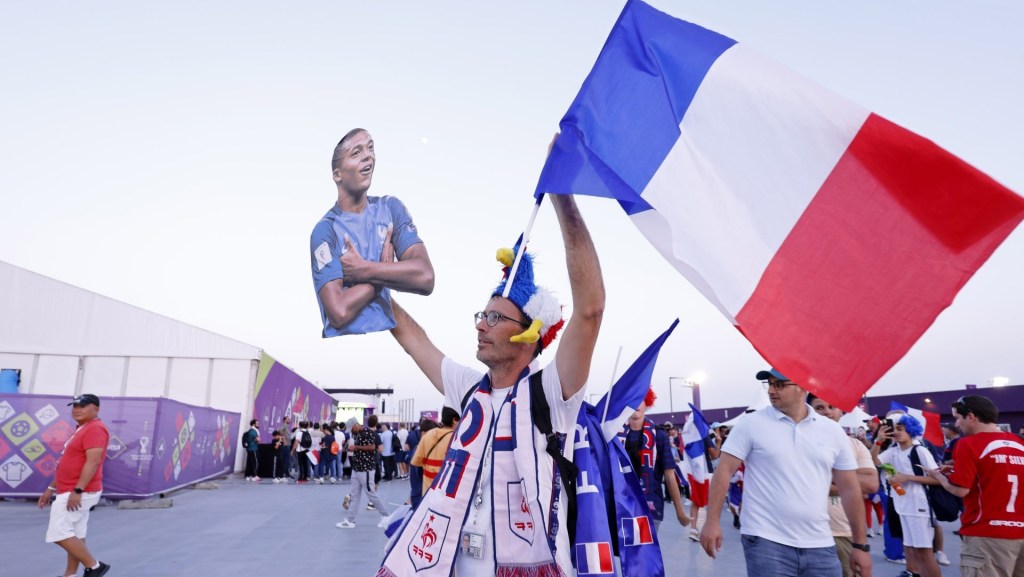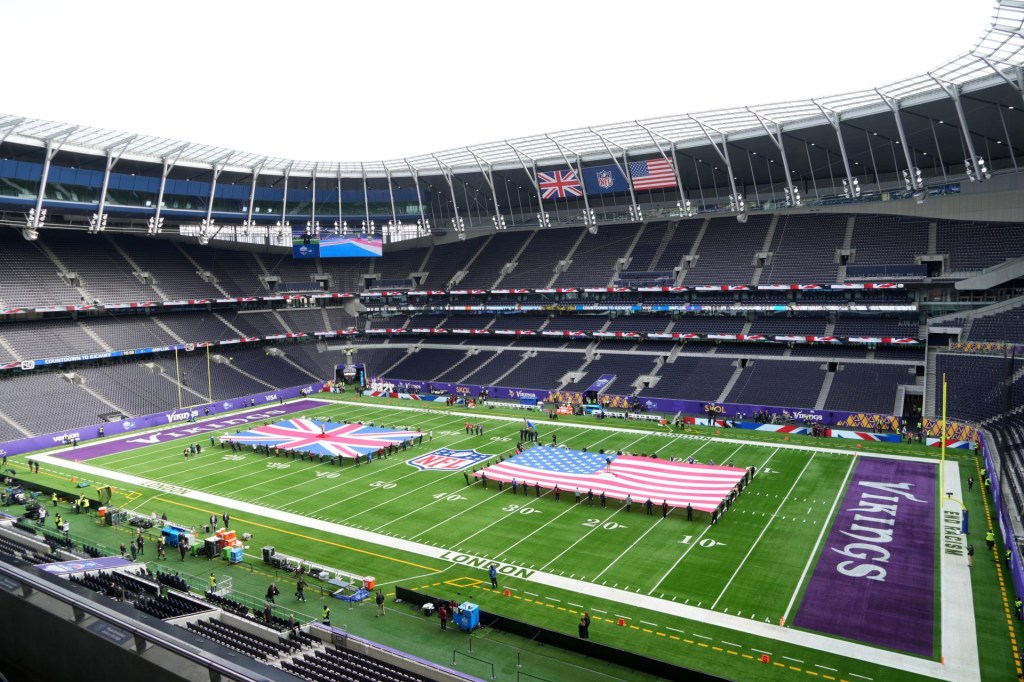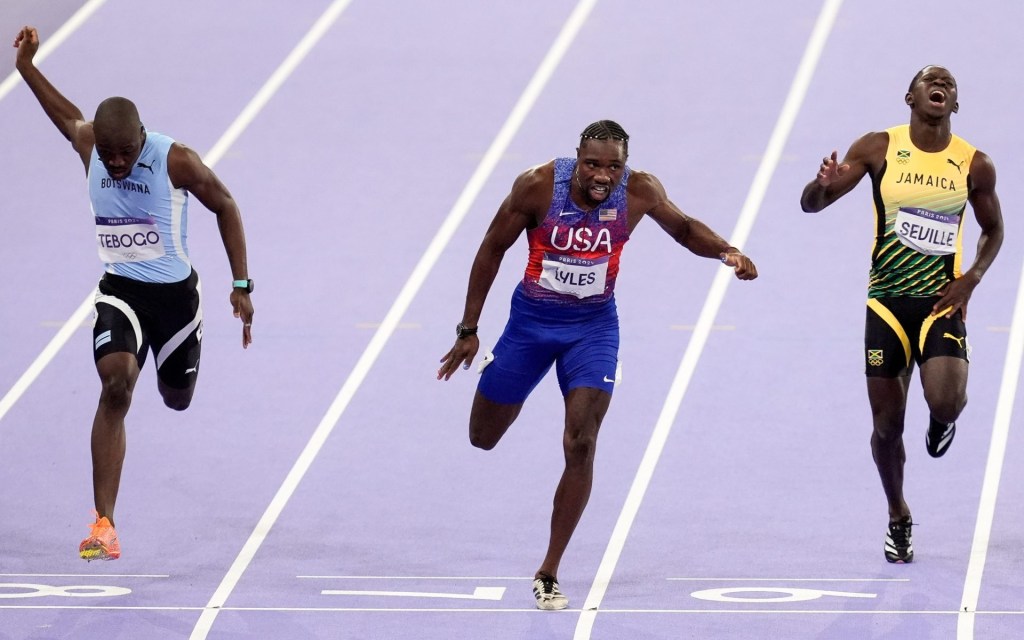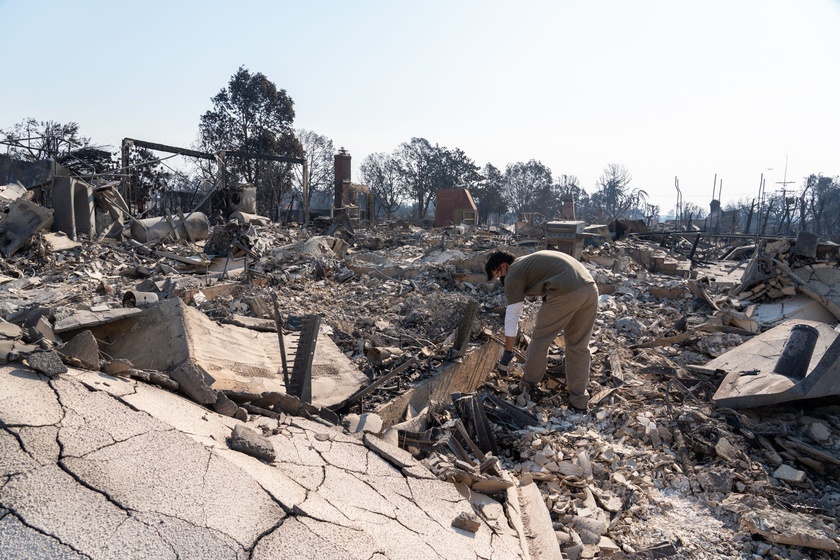The completion of the Olympic Village for the upcoming Paris Games marks a major milestone for the upcoming event and could present a much-needed dose of positive momentum for the long-troubled Games.
Paris Olympic organizers on Thursday received formal control of the $2.2 billion housing project, located just north of the city and primarily funded by private developers, which will house about 14,500 athletes plus their staff and 9,000 for the subsequent Paralympics. Notably eschewing the Games’ long record of white elephant projects and overspending, the Olympic Village will be converted after the events into an eco-friendly neighborhood for 6,000 residents and feature a pair of schools, a hotel, park, and other retail and office spaces. Planned apartments will include private residences and public housing.
The project was completed a day ahead of schedule and marginally over budget. It notably follows months of tumult involving security, alleged corruption, and complaints of price gouging for hotel rooms and tickets—a situation that Comcast executives hope is now changing.
“It’s a very big day. It’s a demonstration that France is a nation of builders,” said President Emmanuel Macron of France at an inauguration ceremony for the village. “What has been done … is nothing short of remarkable.”
The complex, featuring about 40 low-rise towers, notably does not feature air conditioning. It will instead use a water-cooling system placed underneath the buildings and is part of Paris organizers’ goal of staging the most environmentally sustainable Olympics in history.
Taking a Dip
Macron, meanwhile, pledged to swim in the River Seine as a tangible show of how much the waterway—largely closed to swimmers for the past 101 years—has been cleaned. He declined, however, to say when that would be. Broader public swimming access to the Seine is targeted for next year.
“I’m not going to give you a date,” Macron told reporters at the ceremony. “There’s a risk you’ll be there.”
The Seine will also play a starring role in the Paris Games’ opening ceremony, which will be centered on a water parade—representing the most expansive and ambitious start to an Olympics.
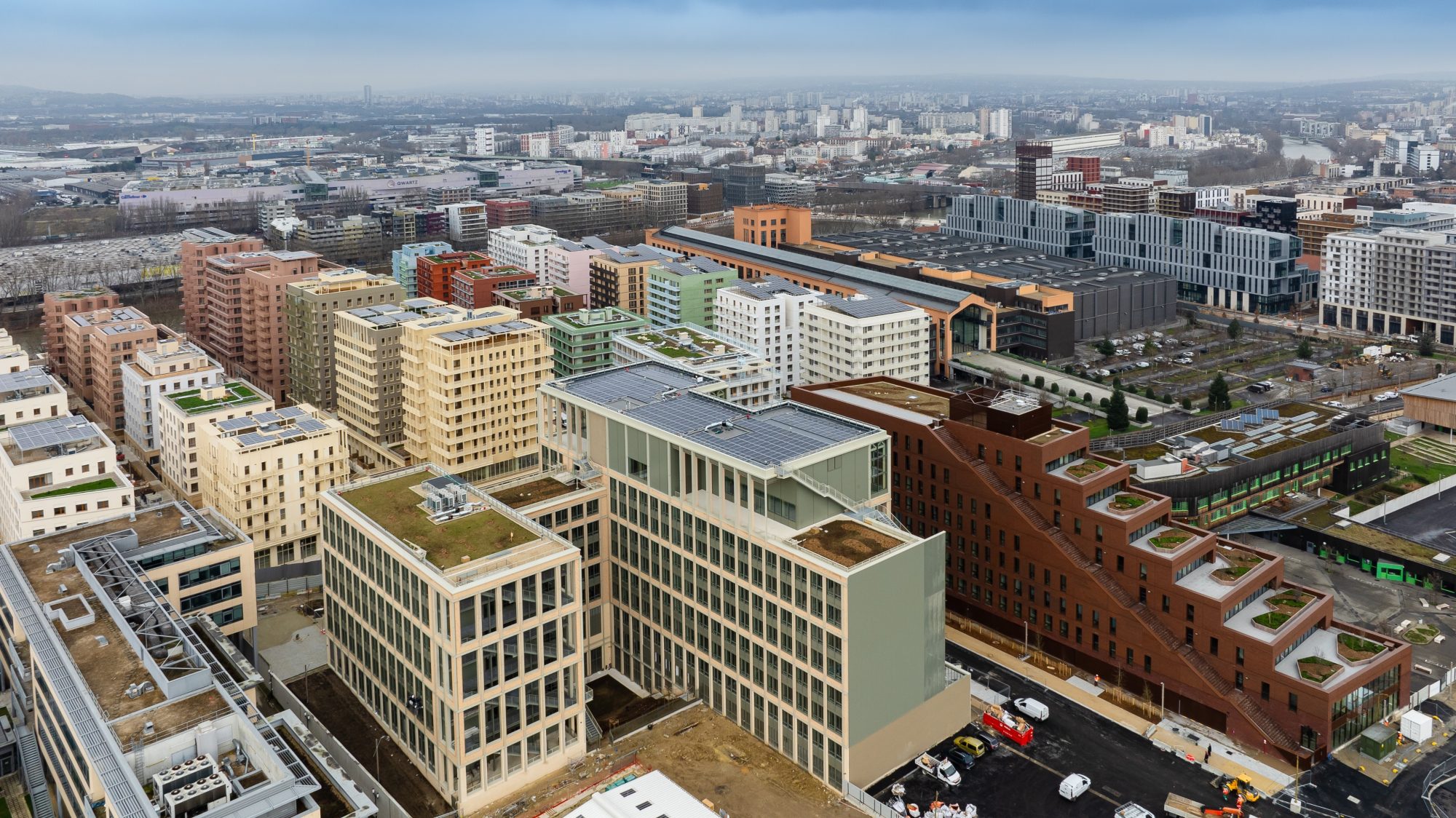






![[Subscription Customers Only] Jun 15, 2025; Seattle, Washington, USA; Botafogo owner John Textor inside the stadium before the match during a group stage match of the 2025 FIFA Club World Cup at Lumen Field.](https://frontofficesports.com/wp-content/uploads/2026/02/USATSI_26465842_168416386_lowres-scaled.jpg?quality=100&w=1024)
![[Subscription Customers Only] Jul 13, 2025; East Rutherford, New Jersey, USA; Chelsea FC midfielder Cole Palmer (10) celebrates winning the final of the 2025 FIFA Club World Cup at MetLife Stadium](https://frontofficesports.com/wp-content/uploads/2026/02/USATSI_26636703-scaled-e1770932227605.jpg?quality=100&w=1024)
